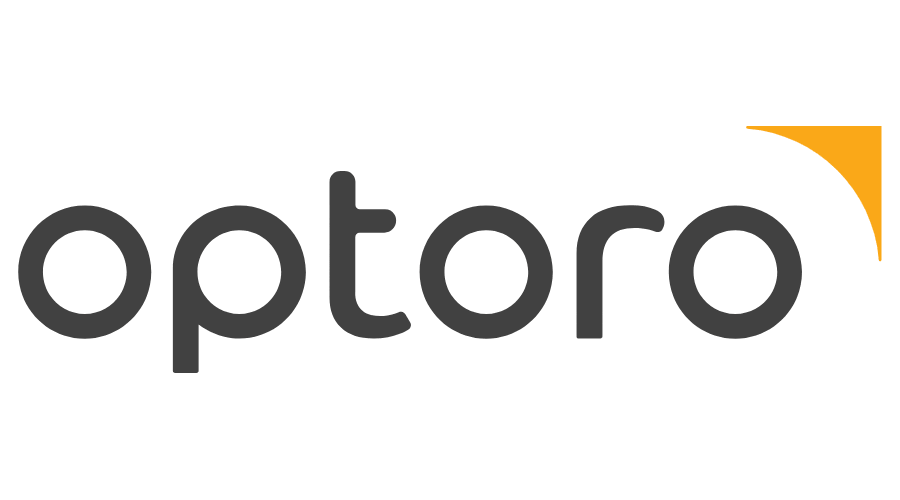
Optoro is a powerful reverse logistics platform designed to help retailers and brands manage their returns in the most efficient and sustainable way possible. It uses advanced data analytics, machine learning, and AI to optimize the path of each returned product, whether it’s reselling, refurbishing, recycling, or donating. Optoro’s goal is to reduce the financial and environmental costs of returns by recovering the maximum value from returned goods, while minimizing waste and carbon footprint.
Key Features:
-
Returns Optimization Engine: Optoro’s intelligent software determines the most profitable and sustainable route for each returned item. This could be resale through secondary marketplaces, refurbishment for resale, or responsible recycling, depending on the condition of the item.
-
Resale Marketplace Integration: Optoro connects directly with a range of secondary marketplaces (such as eBay, Amazon, and others), allowing businesses to quickly resell returned or excess inventory. This integration helps companies recover more value from returned products by finding new buyers for them in real time.
-
Sustainability Analytics: One of the key differentiators of Optoro is its commitment to sustainability. The platform tracks and reports on key sustainability metrics such as the reduction in waste, carbon emissions saved, and the total amount of goods recycled or donated. This allows companies to meet environmental goals and appeal to eco-conscious customers.
-
Real-Time Data and Insights: The platform provides retailers with detailed analytics on returns, including the reasons for returns, product lifecycle insights, and customer behavior. This data helps businesses adjust their operations to reduce future returns and improve product quality.
-
Omnichannel Returns: Optoro offers seamless returns management across multiple channels, including both online and in-store returns. This ensures a consistent experience for customers regardless of where they made their purchase.
-
Returns Automation: The platform automates the entire returns process, from issuing return labels to tracking the return through to its final disposition, reducing the manual effort and cost associated with returns.
-
Refurbishment and Recycling Programs: Optoro works with partners to refurbish products that can be resold and ensures items that can’t be resold are recycled responsibly, reducing the environmental impact of returns.
Benefits:
-
Increased Recovery Value: By reselling products through secondary markets or refurbishing items, Optoro helps businesses recover a higher percentage of the product's original value.
-
Cost Reduction: Automating the returns process and reducing the need for manual intervention cuts down operational costs related to returns processing, warehousing, and transportation.
-
Sustainability Impact: Optoro’s focus on sustainable practices helps companies meet their corporate social responsibility (CSR) goals by minimizing waste and reducing their carbon footprint.
-
Customer Satisfaction: Streamlining the returns process improves the customer experience, ensuring that returns are handled quickly and efficiently, which leads to better retention and loyalty.
Use Cases:
-
Retailers: Large and mid-sized retailers who handle high volumes of returns, both online and in-store, can use Optoro to reduce the financial and environmental burden of managing these returns.
-
ECommerce Brands: For eCommerce businesses dealing with frequent returns, Optoro can automate the process, maximize the recovery value of returned products, and reduce the cost of processing.
-
Sustainability-Focused Companies: Companies that have a strong focus on sustainability can benefit from Optoro’s commitment to reducing waste and carbon emissions through responsible returns management and recycling programs.
Success Stories:
-
Best Buy: Optoro partnered with Best Buy to help the electronics retailer optimize its returns process. Through resale, recycling, and donation programs, Best Buy was able to significantly reduce waste and recover millions of dollars in value from returned and excess products.
-
Target: Target used Optoro to streamline its reverse logistics process, reducing the amount of waste generated from returns and improving the efficiency of its returns operations. Optoro’s technology helped Target move products into secondary markets faster, recovering more value from returned items.
Sustainability Impact: Optoro emphasizes sustainability at the core of its platform, boasting that businesses using their solution can divert up to 70% of returned goods from landfills, resulting in significant reductions in carbon emissions and waste. By tracking sustainability metrics, companies can also report on their environmental progress to stakeholders.
Similar Products
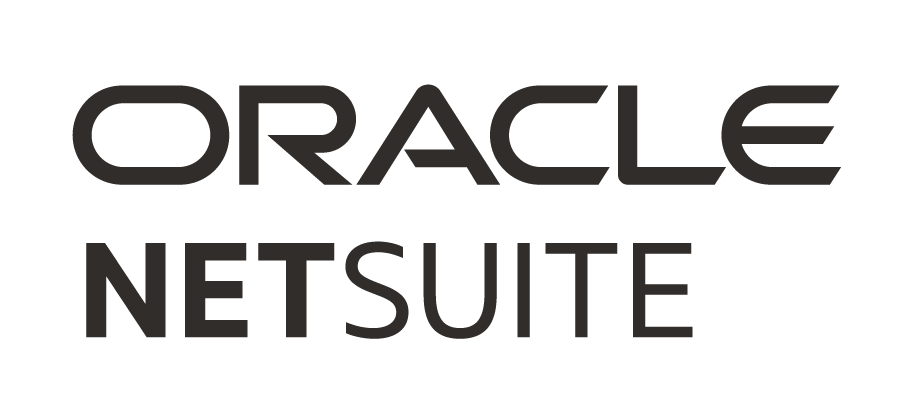
Oracle NetSuite
Oracle NetSuite: Cloud-Based ERP for Integrated Business Management Oracle NetSuite is a leading cl…
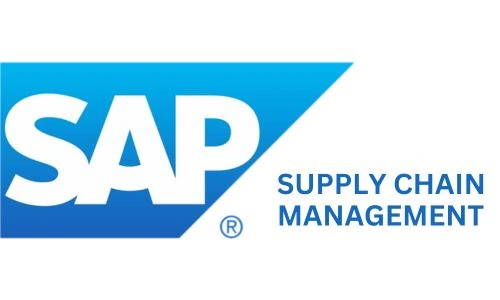
SAP Supply Chain Management
SAP Supply Chain Management (SCM): Integrated Solutions for Efficient, End-to-End Supply Chain Oper…
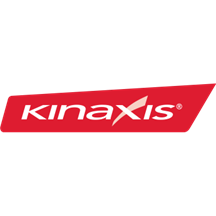
Kinaxis RapidResponse
Kinaxis RapidResponse: Cloud-Based Supply Chain Planning and Operations Platform Kinaxis RapidRespo…
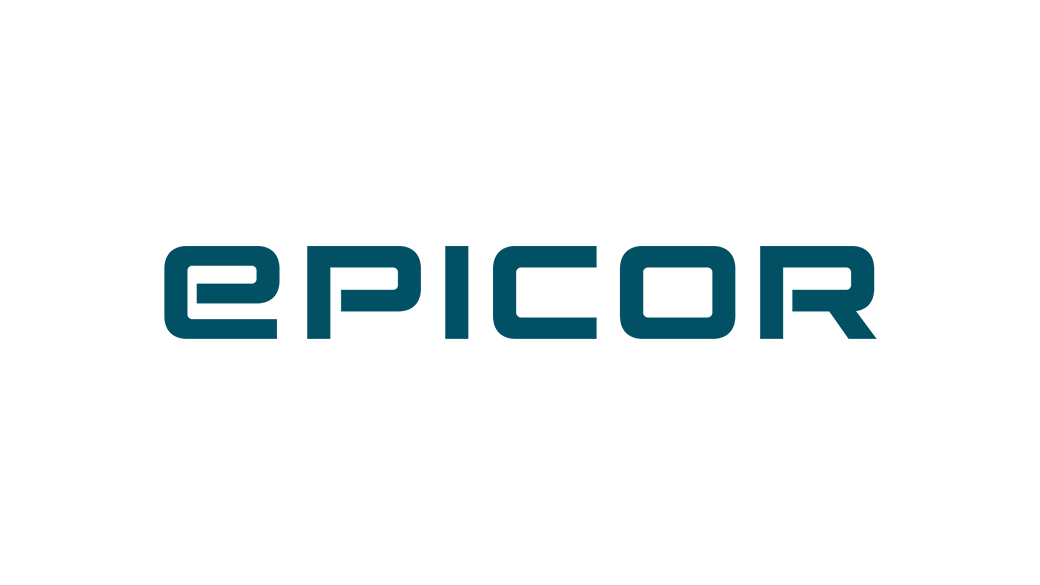
Epicor ERP
Epicor ERP: Comprehensive Cloud-Based ERP Solution for Manufacturing and Distribution Epicor ERP is…
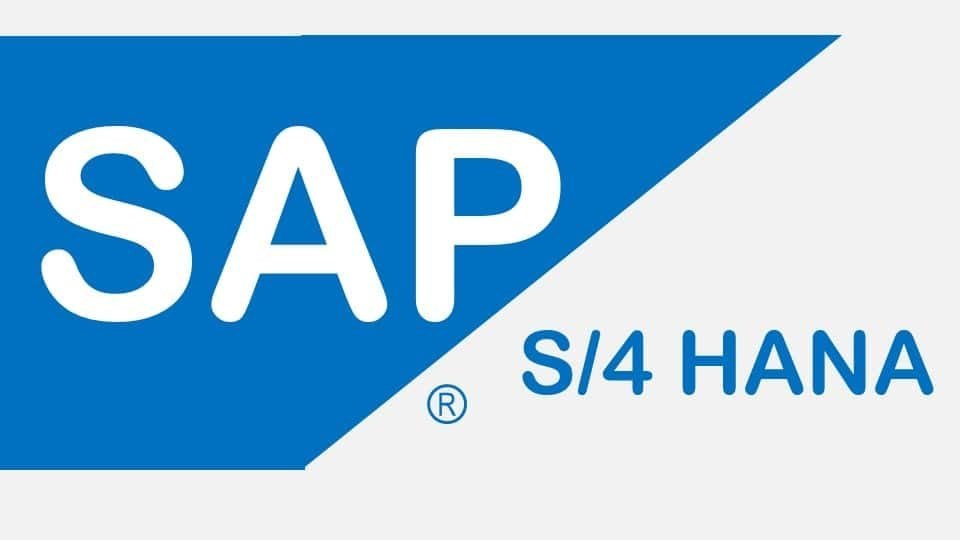
SAP S/4HANA
SAP S/4HANA: Intelligent ERP for Digital Transformation and Real-Time Business Operations SAP S/4HA…